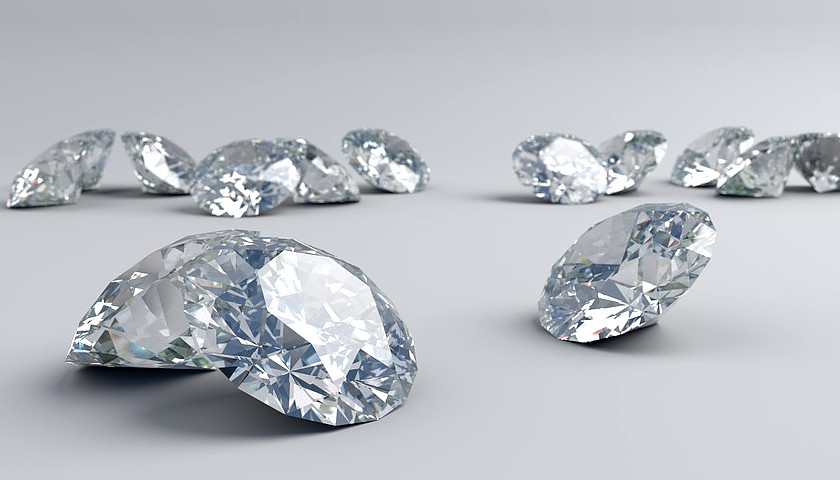Reuters
Anglo American unit De Beers is launching a company to sell laboratory-produced diamonds for jewelry in a departure from its century-old business model of promoting natural stones.
Real diamonds created over thousands of years remain the priority, but De Beers is responding to customer demand for more affordable jewelry using stones made in days or weeks and sold for hundreds rather than thousands of dollars.
“They’re not to celebrate life’s greatest moments, but they’re for fun and fashion,” De Beers Chief Executive Officer Bruce Cleaver said of synthetic stones in a telephone interview.
“We have always said we are a natural diamonds business. We remain a natural diamonds business,” he said, adding that manmade diamonds used in fashion would not undermine the business for real diamonds as they served different markets.
As the world’s biggest seller of natural diamonds by value, De Beers is a leader in technology and security processes to guarantee the authenticity of natural stones.
To ensure there is no confusion between manmade gems that have little resale value and the real thing, the manufactured diamonds used in jewelry will include a tiny mark showing they are made by Element Six, a unit of De Beers that until now has focused on making stones for industrial uses.
The technology to insert the mark has been developed by Opsydia, an offshoot of Oxford University, and the diamonds will be sold by a new company called Lightbox Jewelry beginning in September in the United States, the world’s leading diamond jewelry market where demand hit an all-time high last year.
De Beers’ parent, Anglo American, was hit by the commodity price crash of 2015-16, but has recovered strongly and is leading the sector this year with a 13 percent rise in its share price.
The diamond business accounted for 16 percent of the Anglo American group’s full-year earnings.
Element Six does not publish separate earnings figures, but industry sources say it has returned to profit as recovering oil prices have increased demand for industrial stones for drill bits used in oil exploration.
If the move by De Beers into fashion jewelry gains traction, Element Six’s existing capacity will need to expand.
De Beers plans to invest $94 million over four years to build an Element Six factory near Portland, in the U.S. state of Oregon, which should produce more than half a million rough carats a year when fully operational in about 2020.
That remains modest in comparison to De Beers’ investment in maintaining production of natural diamonds of $3 billion over five-to-seven years.




